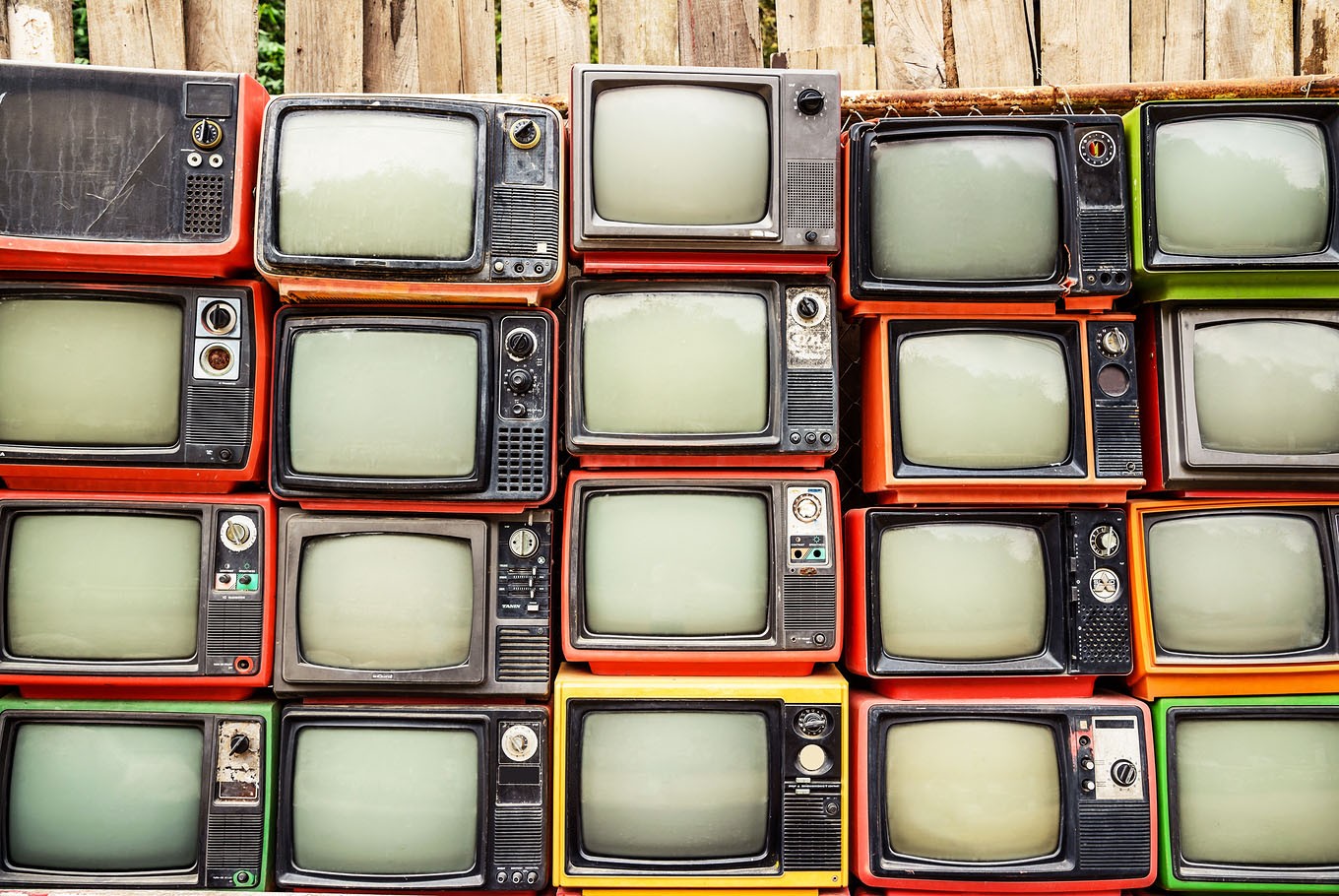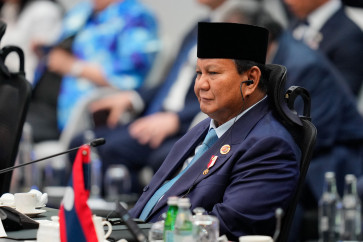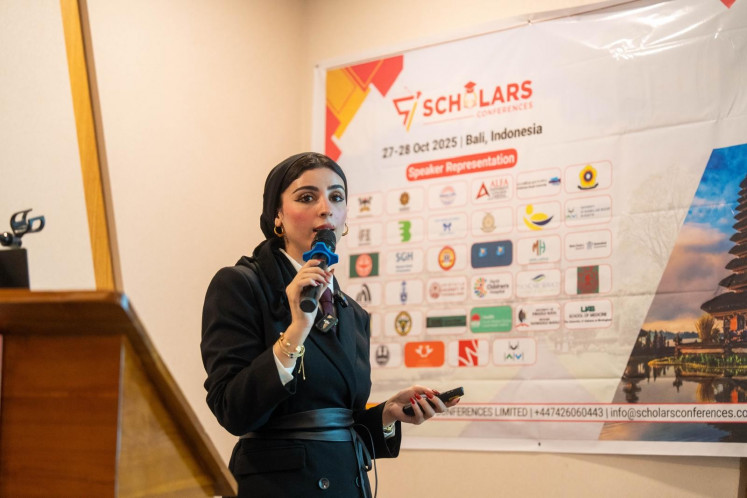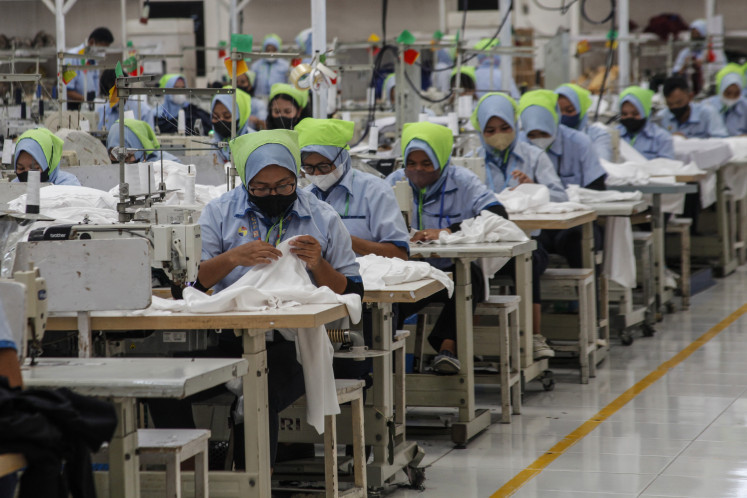Popular Reads
Top Results
Can't find what you're looking for?
View all search resultsPopular Reads
Top Results
Can't find what you're looking for?
View all search resultsPutting the 'fun' in dysfunctional: A look at sitcom families
There is no longer as much of a focus on having that perfect family as there once was, and that’s becoming the reality on television.
Change text size
Gift Premium Articles
to Anyone
W
hen I was growing up, I wondered why my family didn’t look like those on TV. Nuclear families, consisting of two parents, their children, and most likely a pet or two, made up most of the media I consumed.
At age 4, I was more or less convinced I was the only kid to ever have divorced parents.
But now, non-traditional families are scattered all over our TV screens. Gone are the days of the Brady Bunch, and in are modern families. More often than not, you can call today’s TV families dysfunctional, a word that would never be used to describe the Tanners of Full House or the Cosbys, of The Cosby Show.
Why is this? How did our media landscape go from being a home for picture-perfect families to families who may love each other, but don’t always like each other?
It’s possible that this change came with Full House, which depicted a father of three young girls co-parenting with his two best friends after the death of his wife. But while the Tanners were a little different from what TV families looked like before, they were certainly still functional. They were loving, if not a little bland and trite.
Maybe the change came a little later. As a new millennium began, shows like Malcolm in the Middle and the ill-fated Arrested Development took form. Now, these were families that argued and bickered sometimes barely liked each other. Even The Simpsons took on the dysfunctional family trope, arguably before anybody else on America’s television landscape.
This isn’t to say that there aren’t loving, non-dysfunctional families on television today. Shows like Netflix’s One Day at a Time and Fresh off the Boat feature sitcom family dynamics similar to those found in the 1980s and 90s. While they’ve been updated for today’s audiences, they’re still feel-good shows featuring loving families.
But, why the trend of dysfunctional families?
Maybe it’s because the people who grew up in the “white picket fence, with 2.5 kids and a dog” era of the 50s and 60s are no longer the ones writing the shows. After all, the country’s demographics are rapidly changing. The “family unit” is no longer what it once was and many adults are not getting married at all. “According to one study, more than 60 percent of white males aged 20 to 49 with jobs in the service sector, like waiters and janitors, were married in 1960. By 2010 that figure was less than 30 percent,” explained Time in a 2014 article.
There is no longer as much of a focus on having that perfect family as there once was, and that’s becoming the reality on TV. Real-life families aren’t constantly getting along, and neither should fictional families. Of course, they’re exaggerated for effect more often than not- audiences still want to be entertained, after all. But there have undoubtedly been cultural shifts and changing demographics since the previous century, and the media has always been a reflection of our society.
There are countless other possibilities as to why this trope has taken form rapidly in the past decade. Some have even suggested that it’s our love-hate relationship with family-based reality TV and shows like Keeping Up with the Kardashians that is bleeding into our sitcoms, while others think it’s as simple as real-life families getting sick of seeing their fictional counterparts be so perfect all the time.
Whatever it may be, it looks as if putting the “fun” in dysfunctional on television and beyond has been a big success. (kes)
__________
A performer since birth and passionate about pop culture, Sultana attends American University in Washington, DC, where she double majors in communication studies and theatre. Reach Sultana on Instagram @sultana.q.











